Deciding where to live is a personal choice based on individual preferences and life goals. Spain and Belgium, two Western European countries, offer unique experiences and can cater to different tastes. Let’s compare these countries on key parameters to help you make an informed decision.
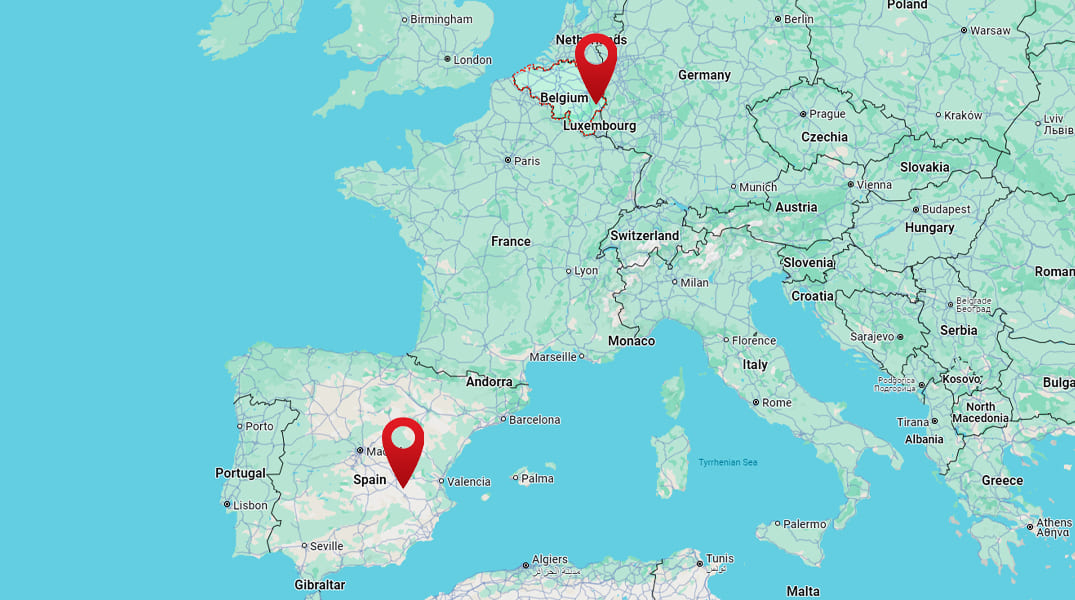
Contents
- Climate
- Standard of Living
- Healthcare
- Cuisine
- Attitude Towards Immigrants
- Spain or Belgium: Where is Better to Live?
Climate
Spain is known for its Mediterranean climate with hot, dry summers and mild, wet winters. Sunny days are predominant, creating ideal conditions for beach holidays and an active outdoor lifestyle.
However, it is important to note that Spain’s climate is not uniform. For example, in the central part of the country, winters are noticeably colder than on the Costa Blanca and other Mediterranean coastal resorts. Therefore, it is essential to choose a specific destination carefully, considering the average temperatures in winter and summer.
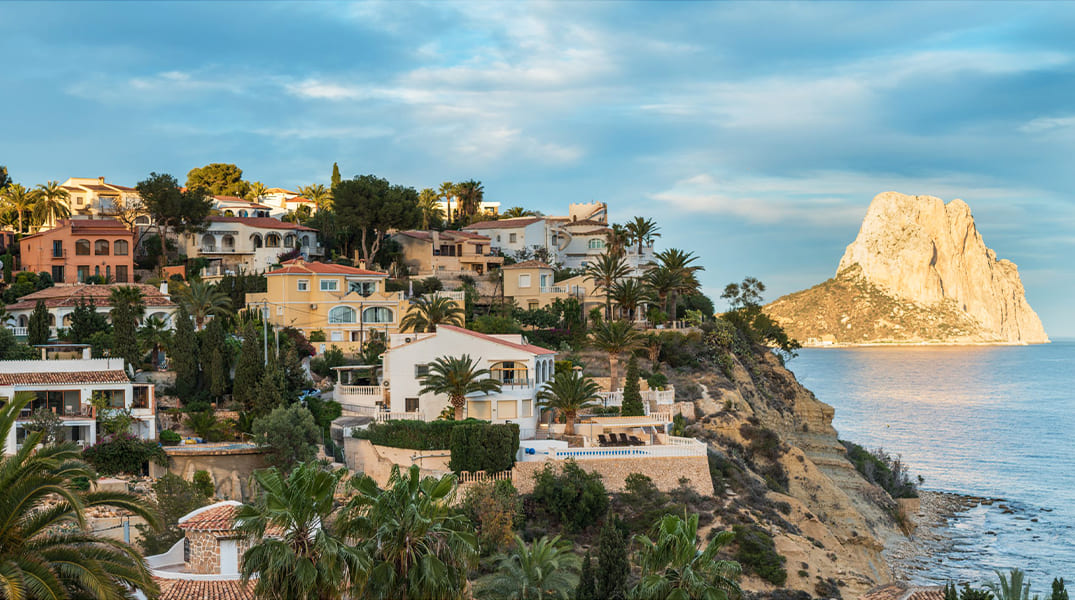
Belgium has a more temperate climate. The sky is often overcast, which gives a unique atmosphere but can be a downside for sun lovers.
Main features of Belgium’s climate:
- Temperature regime. Belgian winters are usually mild, with average temperatures around 5 degrees Celsius. Summers are warm, with an average temperature of about 20 degrees Celsius. In some cases, summer temperatures can rise to 30 degrees, but this is rare.
- Precipitation. Rain is frequent in Belgium, especially in autumn and winter. On average, about 800 mm of precipitation falls annually.
- Humidity. The air in Belgium, especially on the coast, is quite humid, making the weather feel cooler than it would be at the same temperature.
- Wind. Quite strong, especially in coastal areas.
- Variability. The weather in Belgium can change very quickly. It can be sunny during the day, and a few hours later, it can start raining.
Standard of Living
In this category, we will look at how much people earn in the two countries and which one is cheaper to live in. It is clear that the figures provided will be quite conditional because the salary range varies greatly depending on the field in which a person works.

The minimum wage in Spain is 1323 euros (as of 2024). In Belgium, the situation is better – the minimum wage here is 1994 euros. The average salary is about the same. In Belgium, it is 2520 euros, and over the past 5 years, the average salary of Belgians has increased by 3.4%. The place of work is of great importance because many qualified specialists earn 4000 euros and above. The average salary in Spain after taxes is about 2000 euros.
But the gap in these indicators is smoothed out by the difference in the cost of living. Spain is one of the most “affordable” countries to live in, and in this regard, it ranks among the top in Western Europe, competing only with Portugal. The price level in Spain for a set of basic goods and services (including transport, food, consumer goods, and utility bills) is on average 23.2% lower than in Belgium. In other words, 1000 euros in Belgium will have the same purchasing power as 768 euros in Spain.

The real estate market situation is roughly the same. There is housing available, and newcomers do not have significant problems renting an apartment or house. We recommend checking out the rental offers in Spain from the “M2 Real Estate” agency – we will help with all the paperwork and provide the necessary legal consultations.
Healthcare
Spain has a public healthcare system that is free for all citizens and residents. It is funded by the state budget and contributions from workers and employers. Public hospitals and clinics in Spain are known for their high level of medical care and modern equipment. They are located not only in cities but also in rural areas.
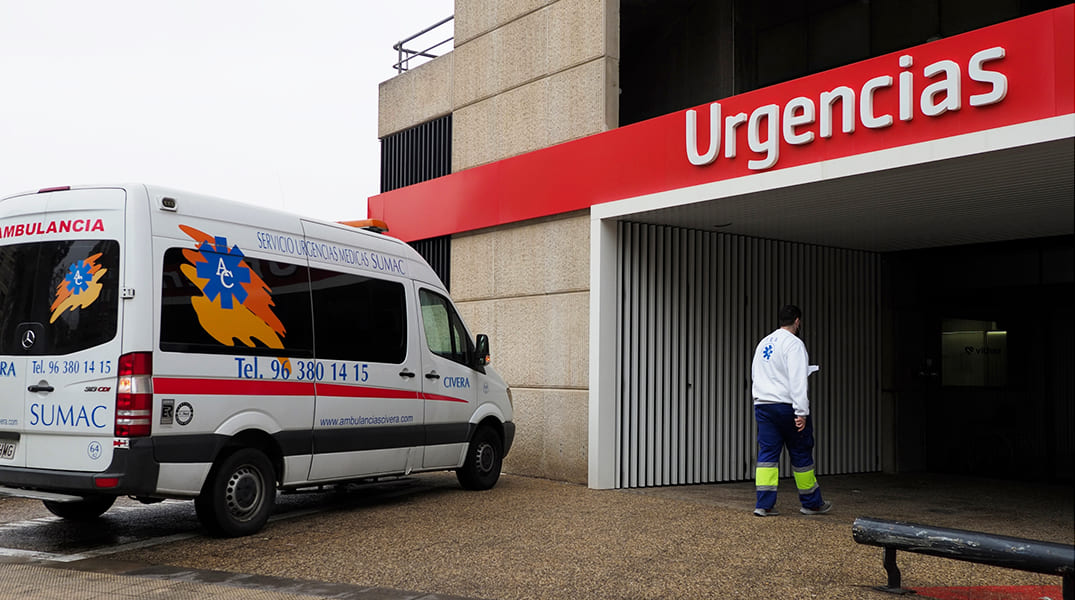
In addition to the public system, Spain has a private healthcare system that offers faster and more comfortable service. The main advantage is the absence of queues, which are unfortunately quite common in regular public clinics.
Currently, about 93% of the population has the right to free medical care anywhere in the country (except for some types of medical services). Foreigners also have the right to it if they have a residence permit (the so-called padron). People who are in the country illegally can only count on free medical care in emergency cases.
According to the Numbeo ranking, Spain ranks 4th in healthcare among European countries. Belgium is slightly lower on this list – in 11th place. But does this make the quality of medical services in this country worse? Not at all. Belgium spends about 11% of its GDP on healthcare – one of the highest rates in Europe. About 99% of Belgium’s population is covered by state guarantees for medical care. They have the right to choose a doctor and medical institution, and the costs of medical services are reimbursed by health insurance funds on a fee-for-service basis.
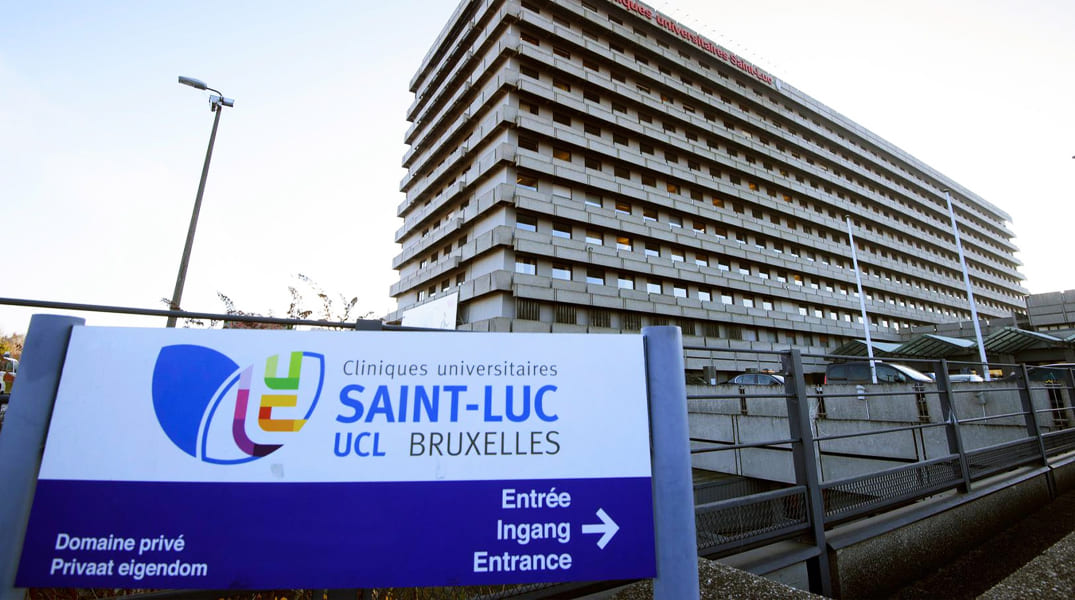
At this point, it is worth stopping to understand the difference in the provision of medical services in Spain and Belgium. Speaking of the latter, the country has a mandatory health insurance system based on health insurance funds (six private non-profit and one public). The main function of these funds is to reimburse medical institutions and specialists for the provision of medical services to insured citizens. The country practices co-payments, i.e., insurance covers only a certain part of the costs, and the other part (albeit smaller) is paid by the patient out of pocket. Considering that each employee already contributes 13.07% of their income to mandatory health insurance every month (with an additional 24.77% paid by the employer), the costs of medical care can be quite high.
Cuisine
This point may not seem particularly important, but in reality, it is: everyone has their own eating habits, and it is very difficult for all of us to switch to different food that we have not previously included in our diet.
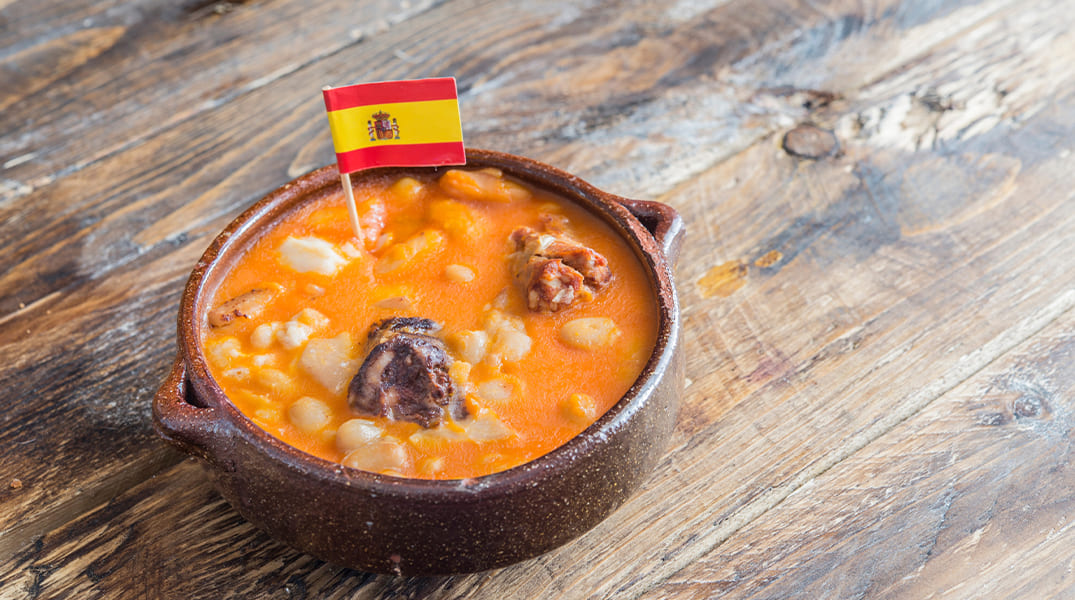
Let’s start with Spain. Spanish cuisine, like the country itself, is full of contrasts: from exquisite tapas to hearty paellas, from aromatic seafood to fragrant meat dishes. It is not just food, but a reflection of Spain’s history, culture, and way of life.
This country is characterized by geographical diversity:
- Mediterranean: The cuisine of these regions is rich in seafood, olive oil, fish, fruits, and vegetables.
- North: These regions are dominated by meat dishes, cheese, beans, and potatoes.
- Center: Here you can find a mix of Mediterranean and northern traditions, including dishes made from meat, vegetables, and legumes.
Famous Spanish dishes:
- Paella. Traditional rice dish with seafood, meat, or vegetables.
- Tapas. Small snacks served in bars and restaurants both before the main course and as a small snack.
- Gazpacho. Cold soup made from tomatoes, peppers, garlic, and bread.
- Jamon. This is dry-cured ham, which is considered a delicacy in Spain.
- Chorizo. Spanish sausage that is added to many dishes, including paella.
- Tortilla. Omelet with potatoes and onions, served as a snack or main course.
As for drinks, Spain prefers wine, unlike Belgium, which has been famous for its brewing culture for a long time. It is considered one of the “beer capitals” of the world, where various types are brewed – from regular lagers to fruit beers with various spices.

Popular dishes:
- Fries. The most famous dish of Belgian cuisine, which has conquered the world. It is made from special varieties of potatoes, fried in deep fat, and served with sauce.
- Waffles. Another symbol of Belgian cuisine. Waffles can be sweet (with chocolate, fruits, whipped cream) and savory (with meat, cheese, vegetables).
- Meat dishes. Belgians love meat. Popular are steaks, goulash, rabbit, cabbage with bacon.
- Seafood. Belgium is also famous for fresh seafood, especially shrimp, mussels, crabs.
- Desserts. Belgian cuisine is rich in sweet desserts: chocolate mousses, puddings, pies.
The cuisines of the two countries are quite distinctive and authentic, but they have one thing in common: in Spain and Belgium, simple yet delicious dishes are prepared, largely based on local products and seasonal ingredients.
Attitude Towards Immigrants
In Spain, people are more open and willing to interact with others, including newcomers. There are quite a few immigrants from various countries, and locals do not see this as a problem: they will treat you as friendly as possible, and it is quite easy to find a new social circle here. But it all depends on you, so it is important to learn Spanish and accept the cultural features of the country you are in. However, this is a general rule that applies not only to Spain.
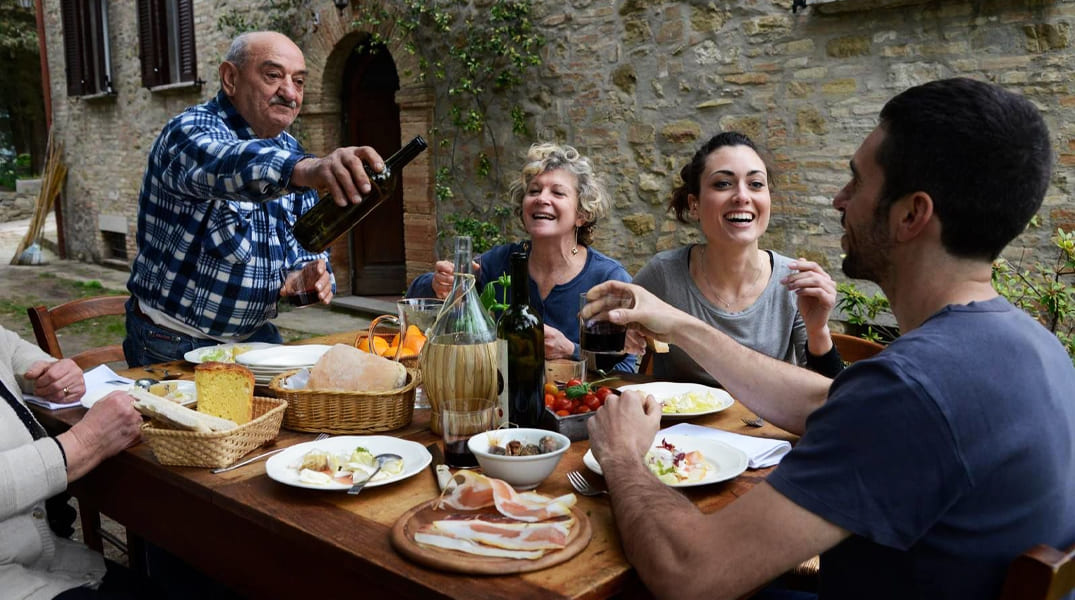
The large number of newcomers is due not only to local hospitality but also to the peculiarities of Spanish legislation, which is quite loyal to relocators. This applies, in particular, to obtaining a residence permit. Many people are now moving to Spain, and one of the options is property exchange, where you do not pay for housing but simply exchange your property for another.
In Belgium, people are more reserved, and most of them have their own small social circle. It will be quite difficult to integrate into the local community and make friends. However, newcomers are treated normally here, i.e., no one shouts that “damn migrants stole our jobs.”
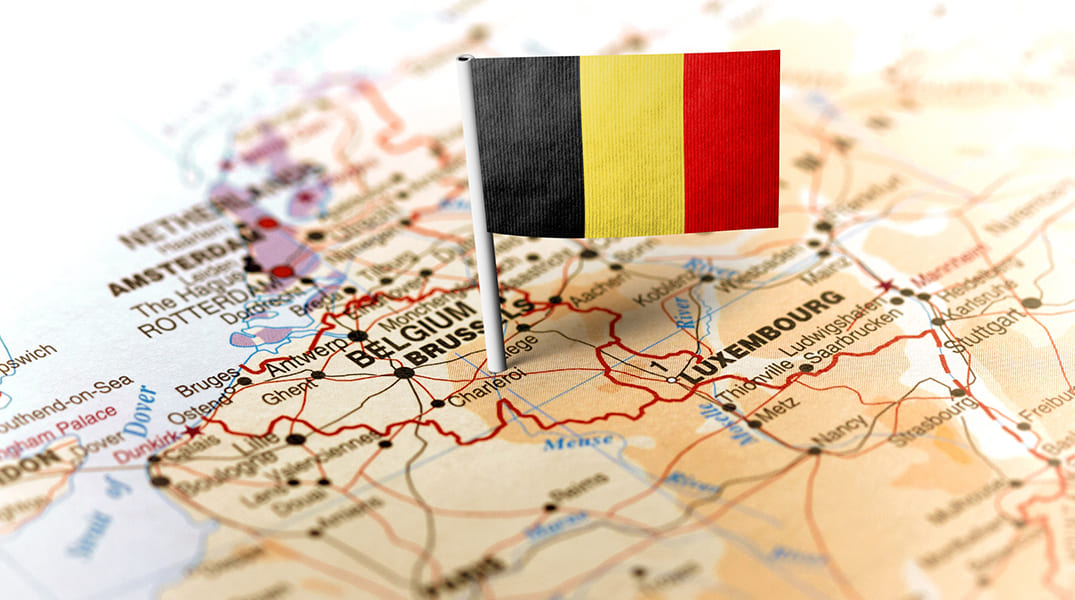
But you need to solve the language issue or at least try to do so. The language of communication depends on the geographical location:
- In the north, in Flanders, they speak Dutch.
- In the south, in Wallonia, they speak French.
- In the province of Liège, which borders Germany, they speak more German.
- Brussels is bilingual – they speak Dutch and French.
As in the case of Spain, English is not very widespread here, so you will have to learn the local language.
Spain or Belgium: Where is Better to Live?
As in our previous comparisons, it is difficult to answer this question unequivocally. Belgium seems to be a more “European” country, where everything is subject to order and law. Spain, if I may say so, is a more fun and open country, but with its own nuances.
If you are interested in the Spanish direction, we suggest you consider buying real estate – you can choose inexpensive apartments or buy a luxurious villa located close to the sea. Write to us, and we will select the most optimal options for you.


